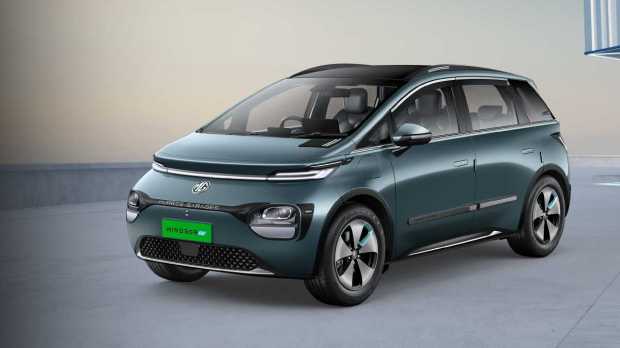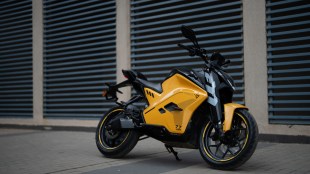Jindal Steel Works (JSW) forrayed into the Indian automotive industry earlier in March this year, when it joined hands with Chinese automaker SAIC to acquire 35 percent stake of MG Motor India, later rebranded as JSW MG Motor India. The new Indo-Chinese joint venture reportedly has many new models for the Indian market in the future, especially in the electric vehicle space.
JSW EV manufacturing plant
However, as per recent developments, the steel major has indicated plans to launch its own EV brand. In a recent interaction with Financial Times, Sajjan Jindal, Chairman and Managing Director, JSW Group confirmed the same. The report further reveals that JSW is planning to set up its own EV manufacturing facility in Aurangabad, Maharashtra.
Jindal said that the company does not want to be “an outpost of a Chinese company to sell products in India”. Although Jindal refused to divulge any details regarding the investment on this project, earlier in October this year, Aurangabad Industrial City, through its official X handle, welcomed JSW for what it said would be Rs 2,720 crore investment set to make EVs and commercial vehicles and create 5,200 jobs.

The report also doesn’t mention any tentative launch timeline of the first car from JSW. With its own EV brand, the JSW Group aims to compete with already established brands like Tata Motors, Mahindra, Maruti Suzuki and Hyundai. With MG Motor already accounting for almost 70 percent of its total monthly sales in November through EVs, JSW will look to implement these learnings from the current joint venture into its own EV entity.
JSW battery manufacturing plant
This development comes around the same time when the Maharashtra state government has allocated 450 acres of land for the JSW Group for setting up its proposed lithium-ion battery project in Butibori near Nagpur. The company is expected to invest Rs 15,000 crore in the first phase for development of this project. In addition to the land parcel, the state government has also offered incentives to JSW amounting to 110% of its investment in the form of a GST refund.
Source: Financial Times & Times of India




















